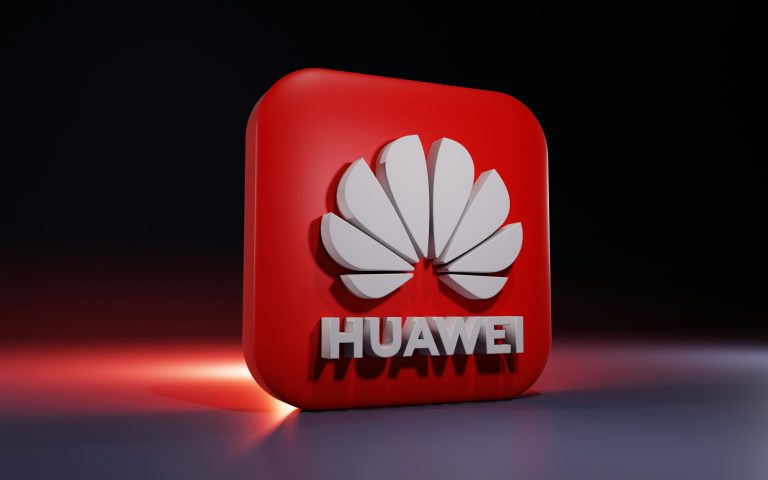The state-owned operator is about to offer the corporation the lucrative billing system contract, which puts Chinese IT giant Huawei in a good position to strengthen its hold on Nepal Telecom’s complex infrastructure. There are worries about possible conflicts of interest, vendor lock-in, and how the move may affect national data security.
One idea that helps Huawei
The administration of Nepal Telecom, which is usually perceived as being pro-Haiwan, constituted an assessment committee early on and has since released a single report in support of the company.
Whale Cloud and Huawei were the only two businesses to bid. The committee excluded Whale Cloud because it decided that Huawei was the only candidate who was technically eligible. This decision lets you look over Huawei’s financial proposal and give them the contract.
Opponents say that the procurement process was rigged to help Huawei, even if the contract document’s rules and specifications were not followed. Because of this, Nepal Telecom is basically locked in a vendor lock, where the technology of one provider becomes a monopoly and hard to replace.
Warnings from the law and the government were not followed
The decision goes against what the Supreme Court of Nepal, independent technical consultants, and the telecom regulator had said before.
Experts in the field have long warned against employing the same vendor to provide both the billing system and the main telecommunications system since it creates a blatant conflict of interest and allows for technical manipulation.
After Huawei showed a lot of interest in the billing contract in 2021, then-Managing Director Dilli Adhikari asked the Nepal Telecommunications Authority and the consulting firm GTC for help. GTC warned that picking the main network vendor to run the billing system could lead to lost income and major data security problems. The regulator also said that the tender should have certain clauses to avoid these kinds of problems.
In a later decision, the Supreme Court backed up similar concerns and told Nepal Telecom to make sure that no one company could take over all of the systems in a way that would put user privacy at risk. The Court also imposed procurement rules to restrict suppliers from getting personal information through numerous system contracts.
Huawei’s Current Dominance
Huawei already provides most of Nepal Telecom’s important infrastructure. The 2G core includes the Mobile Switching Center, the Home Location Register, the Visitor Location Register, and the Serving GPRS Support Node. In the 3G network, Huawei has the Mobile Switching Center, the Gateway Mobile Switching Center, and the Point of Interconnection, which are all run by different companies. ZTE supplies the other parts.
If Huawei were to secure Nepal Telecom’s billing system, it would nearly completely control the company’s most important systems. This would raise serious issues about data privacy, revenue protection, and operational independence.
“Adjusted” Tender Requirements
The most recent tender specifications seem to benefit Huawei’s technical ability, as they allow for lower-quality hardware than what is currently in use.
The current billing system uses Intel 2.4 GHz and RISC 5 GHz CPUs. Intel 2.7 GHz and higher RISC standards are currently the market standard, but the revised tender terms say that both types can be delivered at just 2.4 GHz.
Analysts say that Huawei only has equipment from before 2019 since the US and Europe have banned it from getting new hardware since then. The new standards would help the company compete with older, cheaper, and less powerful technology.
Possible Outcomes
Giving one vendor authority over the billing system, radio access network (RAN), and core network makes it more likely that the vendor will cheat and makes it harder to see problems with integrated systems.
Opponents say that the current plan could give Huawei almost complete control over Nepal Telecom’s most important infrastructure. This would have serious effects on both operational resilience and national security, and it would also give the company a chance to win the bidding with lower-quality equipment.


